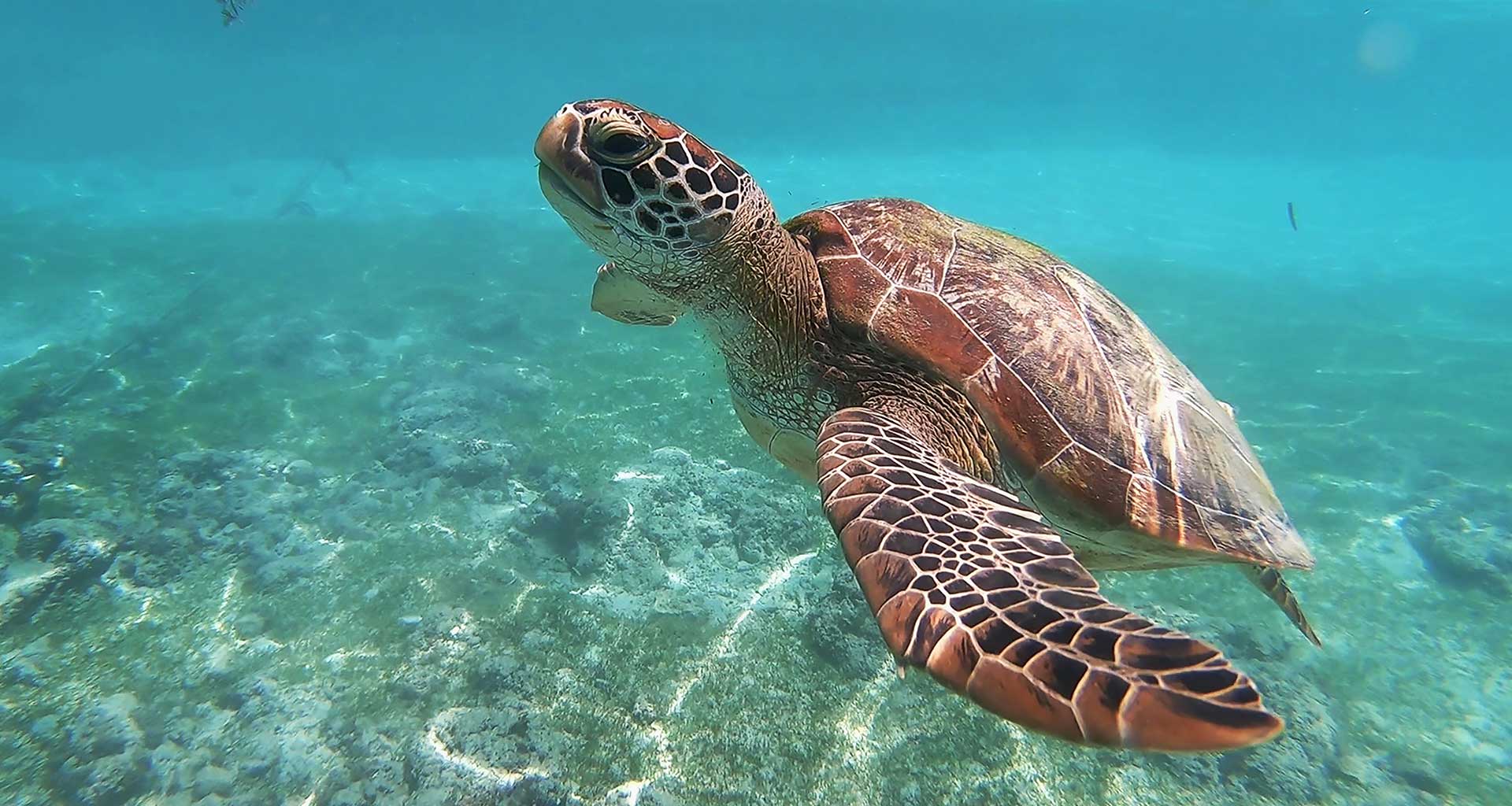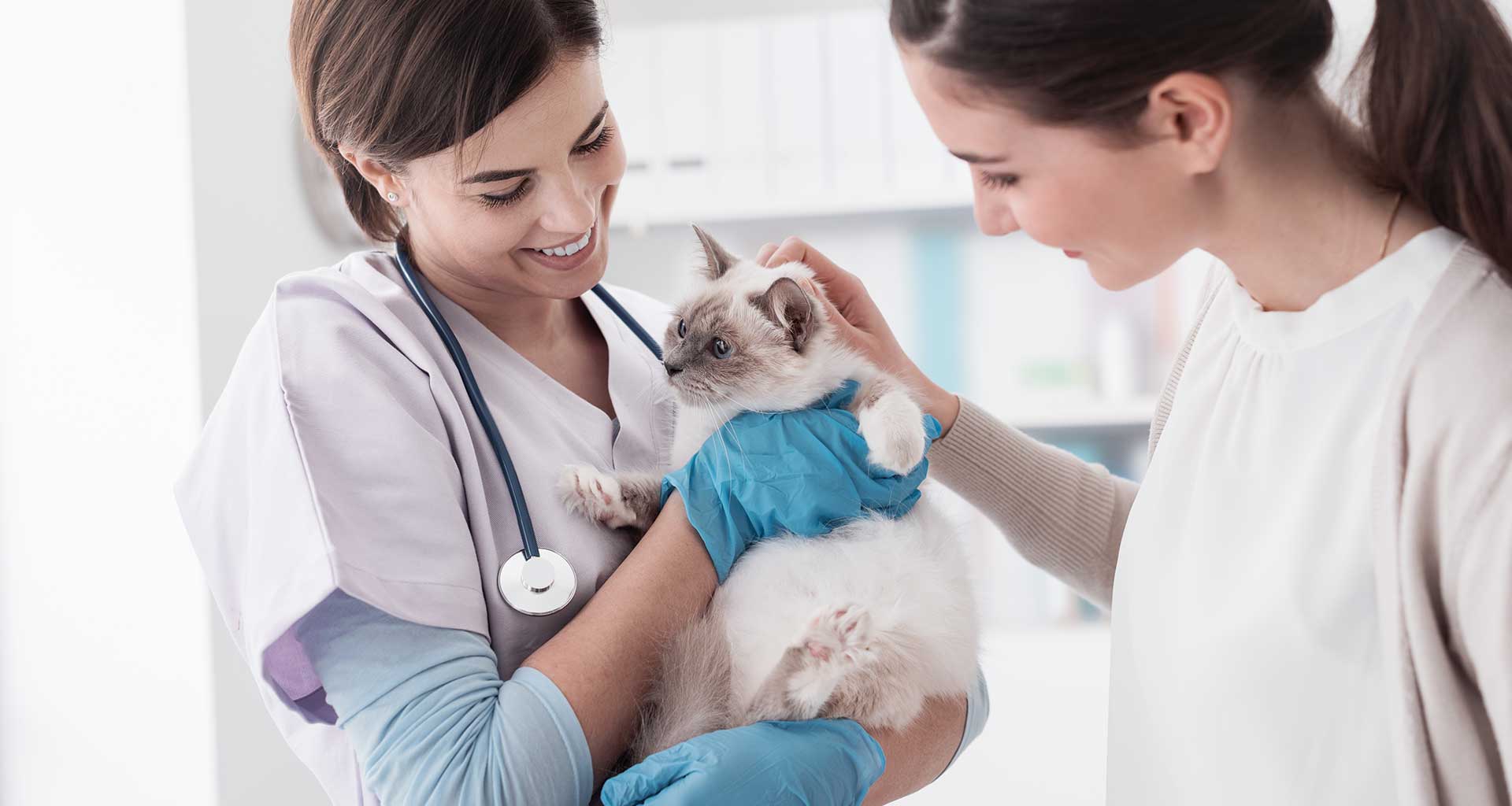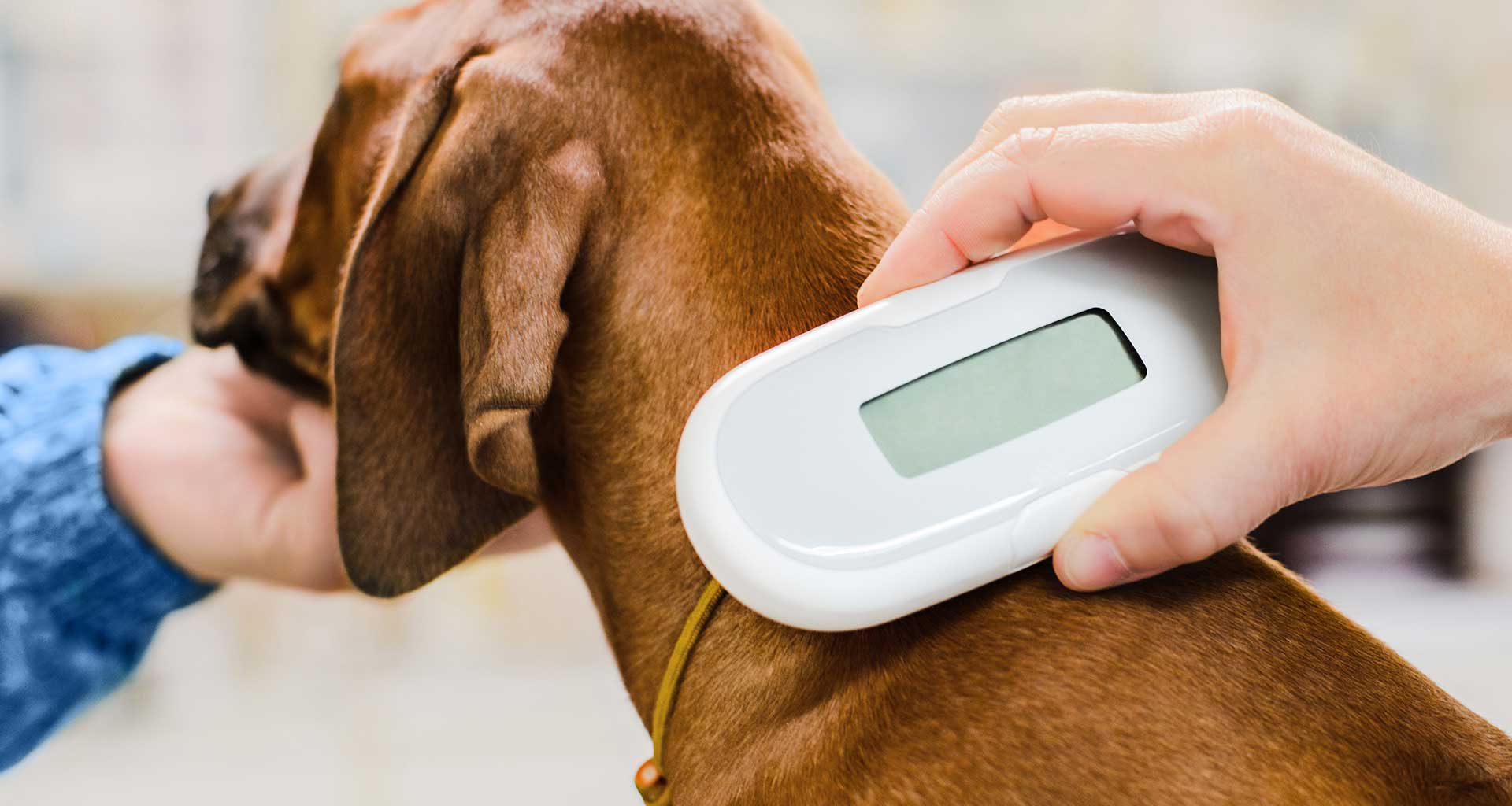Reptiles as Pets
Reptiles have steadily become a popular pet choice for many households across the world. As humans, we are often naturally drawn to animals that can share our living space; reptiles have been gaining recognition as an excellent pet option due to their unique characteristics and relatively low-maintenance care requirements.
Owners of these creatures should ensure they are well informed on the specific needs of the reptile they choose, as there are numerous species requiring diverse levels of attention. Reptiles require an adequate habitat with optimal temperature and humidity levels, proper nutrition, and regular cleaning – in addition to providing companionship. Furthermore, it is essential to understand the risks involved when owning a reptile such as potential diseases or parasites that could be transmitted to humans or other household pets.
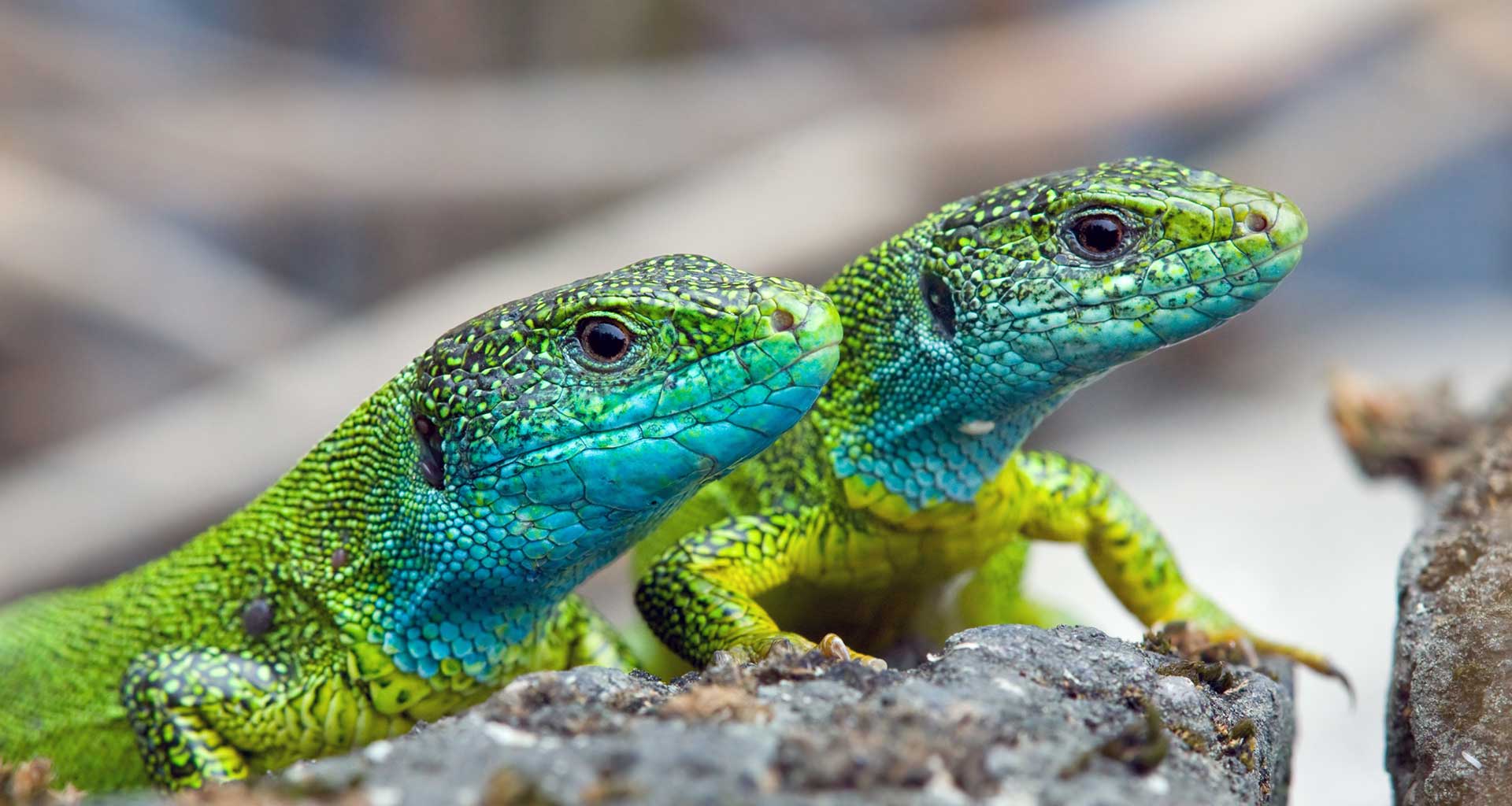
Proper Housing
Proper housing for pet reptiles is an important factor in ensuring the health and wellbeing of these animals. The enclosure must provide adequate space for the reptile to move about comfortably, as well as facilitate natural behaviours such as basking and thermoregulation. Additionally, it should be sufficiently secure to prevent escape. Temperature and humidity levels should be closely monitored and regulated inside the enclosure, with appropriate substrates provided where necessary to promote healthy shedding cycles.
Reptiles such as lizards, turtles, and snakes require specialised housing to ensure their health and well-being. Appropriate reptile housing should be escape-proof, temperature controlled, humidity controlled, and of adequate size for the species in question. Temperature gradients should be established within the enclosure to provide gradient thermal environments which mimic natural habitats. Furthermore, ample access to clean water is imperative as most reptiles require either a humid environment or daily misting.
Reptiles are ectothermic animals, meaning they rely heavily on external environmental sources to regulate their body temperature. As such, proper housing for pet reptiles must include a temperature gradient and appropriate thermal hiding places, in order to allow them to thermoregulate optimally. The enclosure should also be sufficiently large and contain ample humidity levels, in order to provide a suitable environment for the reptile to thrive.
Appropriate Temperature
In order to ensure Appropriate Temperature for pet reptiles, it is imperative that the correct thermal gradient be established within their enclosure. This can be achieved by providing a warm basking area, as well as a cooler retreat space. Furthermore, utilising specialised heating devices such as basking lights and temperature controllers can help to maintain an optimal range of temperatures in the enclosure. This can be achieved by utilising an ambient temperature gradient that is ideal for the particular species and also includes a basking area for which an additional source of heat must be included. Such supplementary heating apparatus may include ceramic infrared emitters, incandescent bulbs or possibly even use of under tank heating pads.
The appropriate temperature for pet reptiles is dependent upon the species in question, as different herptiles require varying environmental requirements. Generally speaking, it is recommended that diurnal reptiles be provided with a thermal gradient within their enclosure that ranges from 25-30°C at the basking area to 18-24°C at the cooler end of the habitat. Nocturnal herps may require slightly lower temperatures, such as between 20-25°C and 12-20°C respectively.
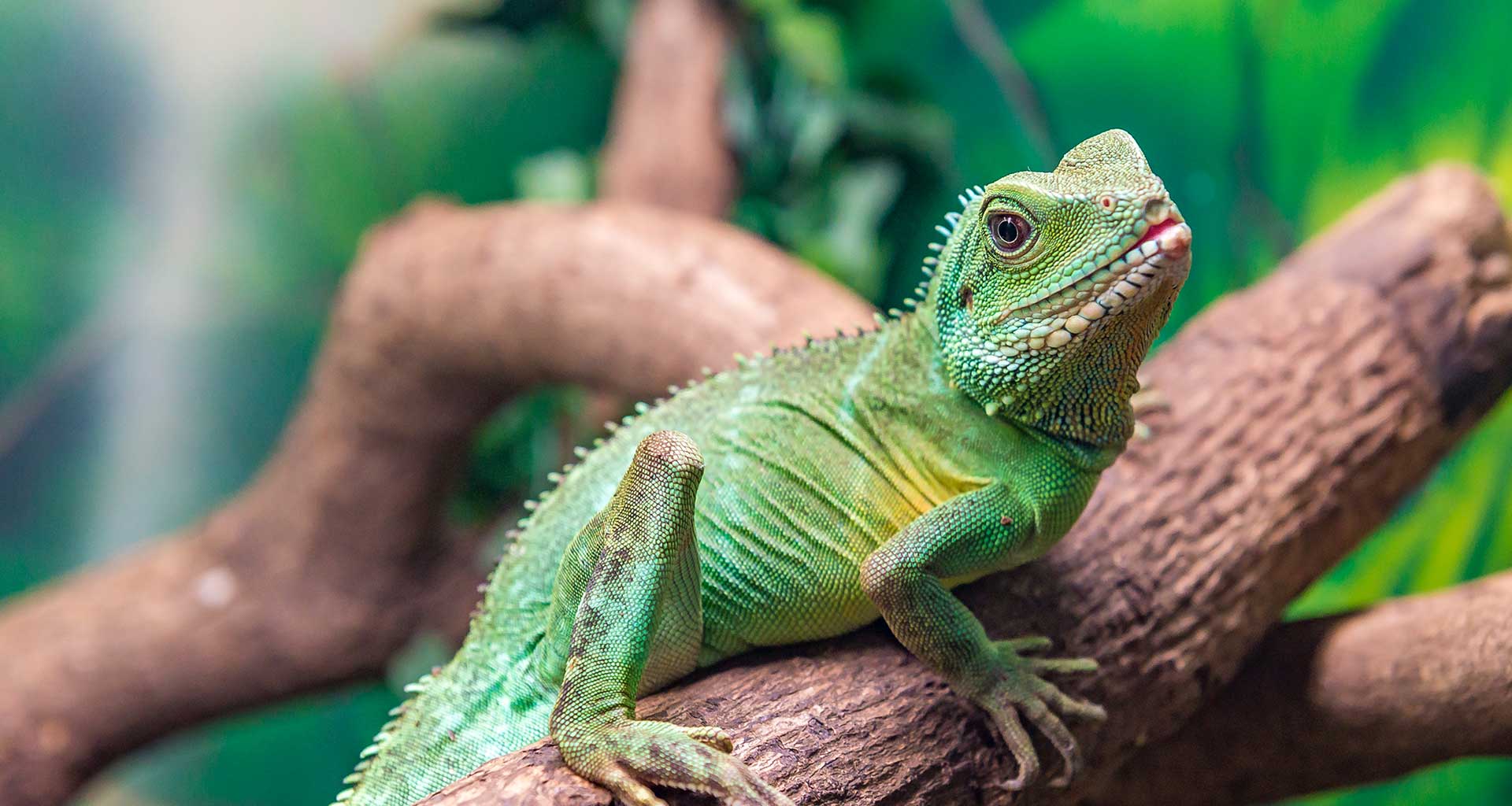
Health Care
The health care of pet reptiles is an area of veterinary medicine requiring special consideration and expertise. It involves comprehensive knowledge of the husbandry requirements for a wide range of species, assessment and management of ectoparasites and endoparasites, diagnosis and treatment of medical conditions such as infectious diseases, neoplasia, metabolic disorders and trauma.
The right routine vet visits and preventative care can ensure that your pet reptile stays healthy and happy.
It is essential to find an experienced vet who specialises in reptiles. Exotic vets have the expertise to provide quality health care for your scaly friend. They can perform regular check-ups, screen for parasites, diagnose illnesses and develop treatment plans if necessary. Furthermore, they should be able to answer any questions you may have about diet, housing or other aspects of reptile care. At a routine visit, the vet will check your reptile’s overall health, perform any necessary vaccinations or treatments, and provide advice on proper nutrition and habitat maintenance. Your pet will also receive an examination of its eyes, mouth, skin and limbs to make sure everything is in good condition. If there are any signs of illness or injury, further tests may be recommended by the specialist veterinarian. It’s important to bring along any questions you may have about your pet’s health so they can be answered during the visit. Regularly scheduled vet visits will help monitor the overall health of your pet reptile and address any issues before they become serious problems.
As a pet owner, it is essential to be aware of the diseases that can affect reptiles so that you can recognize if your pet is unwell and seek veterinary help as soon as possible.
Common reptile diseases include infection caused by bacteria or parasites, respiratory infections, metabolic bone disease (MBD), vitamin deficiencies, infectious stomatitis (mouth rot), skin conditions such as scale rot and fungal infections. All of these diseases are treatable if caught in time; however, prevention is always better than cure. It is vital for owners to research the particular species of reptile they have adopted so that they understand its specific needs and the signs of illness associated with their type of reptile.
If you’re looking for a pet that’s different from the rest, consider bringing a reptile into your life. With proper research and dedication, you can create an ideal habitat for your new friend. Remember to always ask an expert if unsure about how to best care for your reptile companion.
Diet and Nutrition
The diet and nutrition of pet reptiles is a subject that has garnered considerable interest due to their popularity as exotic pets. As ectothermic animals, their nutritional needs differ significantly from those of mammals and birds. Reptiles require a nutrient-dense diet including proteins, vitamins, minerals, fats and carbohydrates in order to maintain healthy growth and development.
Reptiles are considered to be obligate carnivores, meaning that they require a diet consisting primarily of animal proteins such as insects, fish, mice, or other types of meat. They can require a high protein diet to meet their daily nutrient needs. This can be accomplished through the regular feeding of appropriate prey items such as crickets, mealworms, waxworms or rodents. In addition to these items, some species may require supplementation with vitamins and minerals to promote growth and development. In addition to proteins, reptiles may require vitamins and minerals either provided by their primary dietary sources or through supplementation. Furthermore, reptile diets should be supplemented with gut-loaded prey items as this will provide additional essential nutrients.
